Unlisted Shares Background
Current legislation allows for registered pension schemes to acquire shares in companies. These shares can be unlisted shares, but there are a number of requirements that need to be met before the pension scheme can proceed.
One of the major concerns would be whether the pension scheme would be exposed to possible tax charges as a result of an indirect holding of taxable property, and in ensuring that this is not the case. Additionally, a comprehensive valuation of the shares to be purchased, especially if coming from a connected party, will be required.
Unlisted Shares Summary
- It is possible for pension schemes to acquire unlisted shares in companies, provided the investment itself is prudent.
- To avoid the taxable property issues, the company in which the scheme is investing should ideally fall into the category of a trading concern.
- Where the company is not classified as a trading concern, other routes may be possible for the legitimate holding of taxable property.
- Shares can also be held if the company does not own taxable property over £6,000 and any such property is only used for administration and management.
- In non-trading concern cases, the audit and control regime can be demanding.
Taxable Property
Taxable property includes residential property and tangible movable property eg solar panels, machinery, stock, electric charging ports, vehicles etc. Directly or indirectly holding taxable property can lead to tax charges unless an appropriate structure is used.
